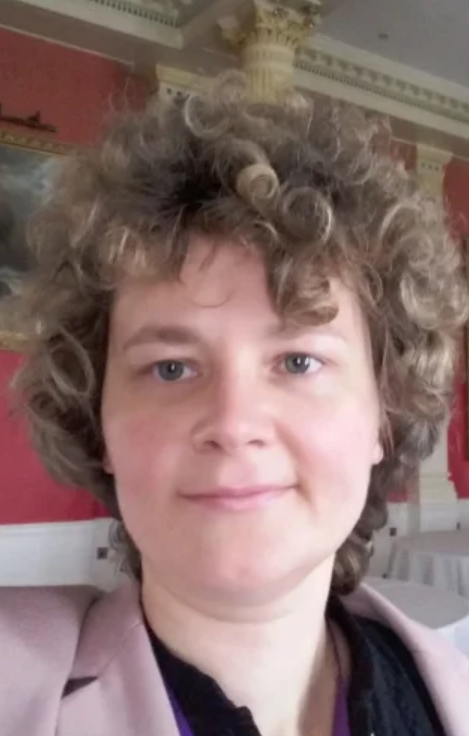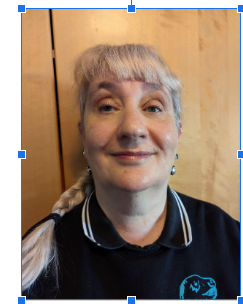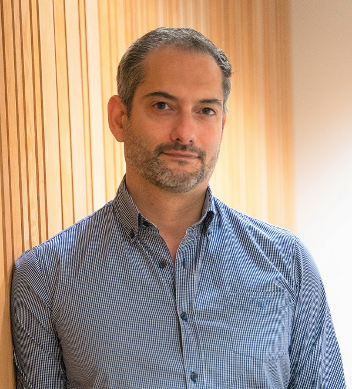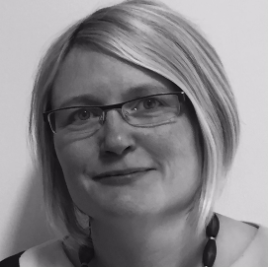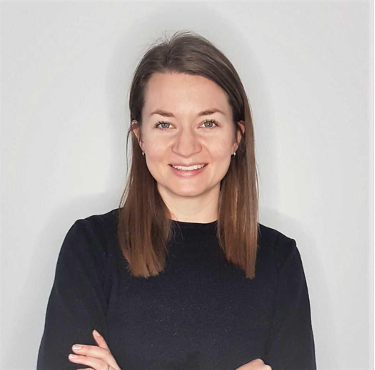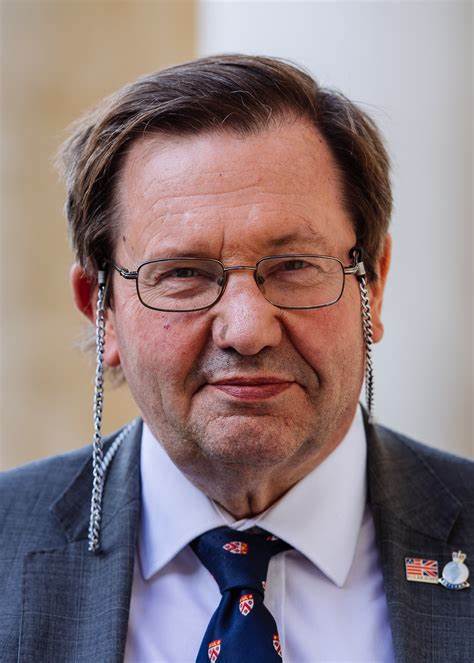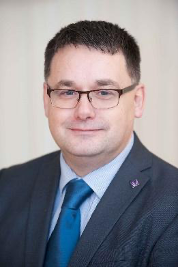Ben Francis
For example, Krellian intends to use these standards in the Krellian Hub Edge Computing product which consolidates multi-vendor building management (IoT) systems into a single standardised Data Interoperability interface, with data streamed in real-time to the Krellian Cloud Cloud Computing service which provides smart building analytics. Together these products help make commercial buildings smarter and more sustainable.
Impact on Society
The above is just one example of how the resulting standards could contribute to the wider EU goal of cutting greenhouse emissions by 90% by 2040. A recent study by Siemens revealed that 67% of businesses think net zero will be impossible without digitalisation, 63% think they're behind on digitalisation, and only 31% say they're making full use of the data they already have available. Data Interoperability on the Internet of Things is crucial to solving these problems.
The Web of Things (WoT) seeks to counter the fragmentation of the Internet of Things (IoT) by using and extending existing, standardised Web technologies. By providing standardised metadata and other re-usable technological building blocks, W3C WoT enables easy integration across IoT platforms and application domains by improving Data Interoperability.
I support the standardisation of the essential building blocks needed to create an open ecosystem of multi-vendor web services, seamlessly linking together the current fragmented IoT systems which span the residential, commercial and industrial sectors that make up modern European cities. A more integrated Internet of Things could make a significant contribution to making our built environment smarter, safer and more sustainable.

